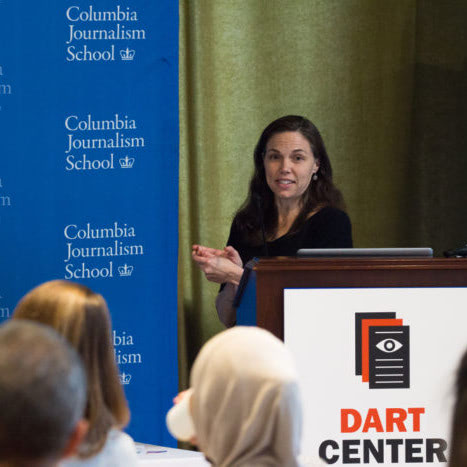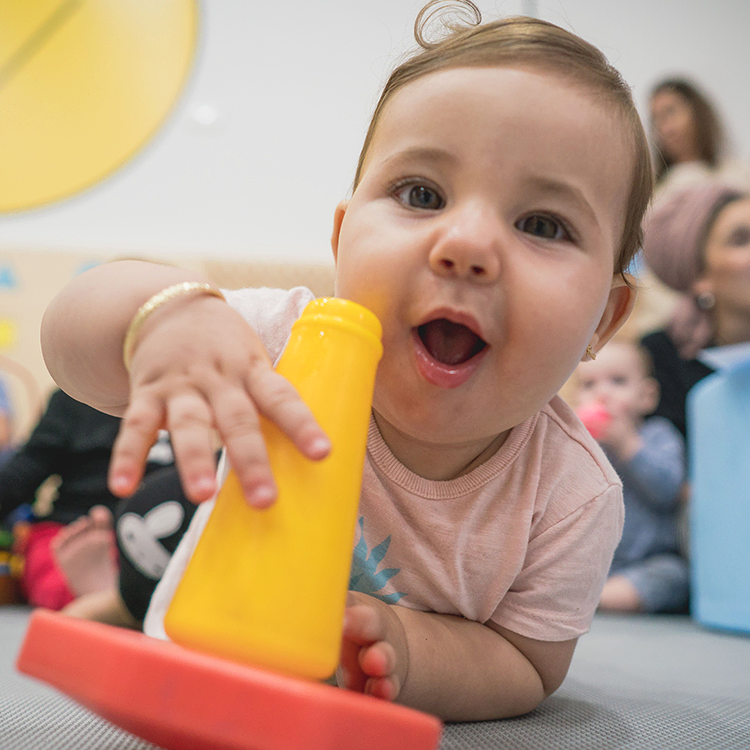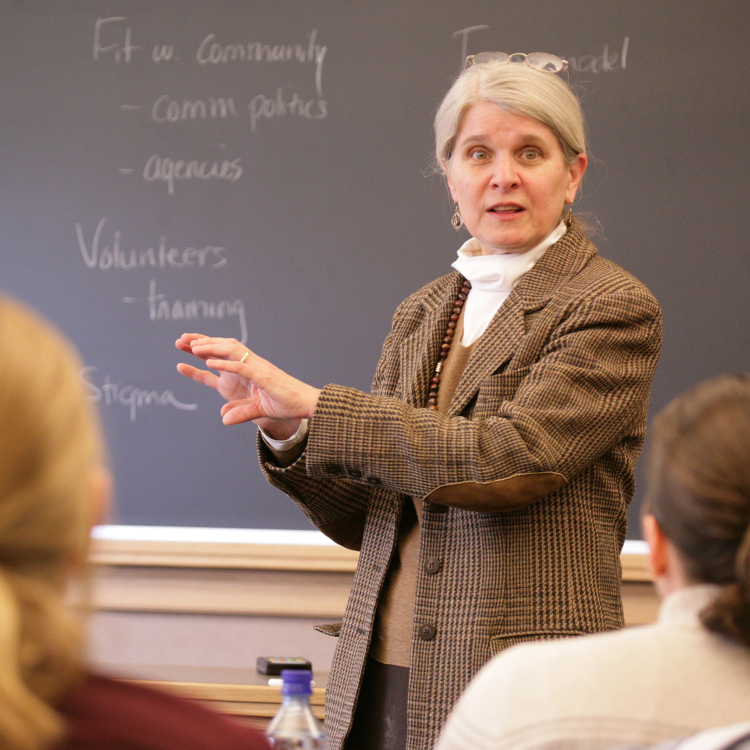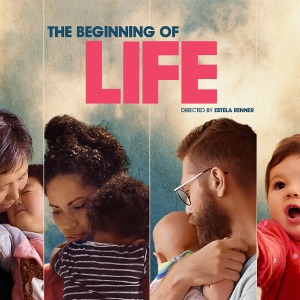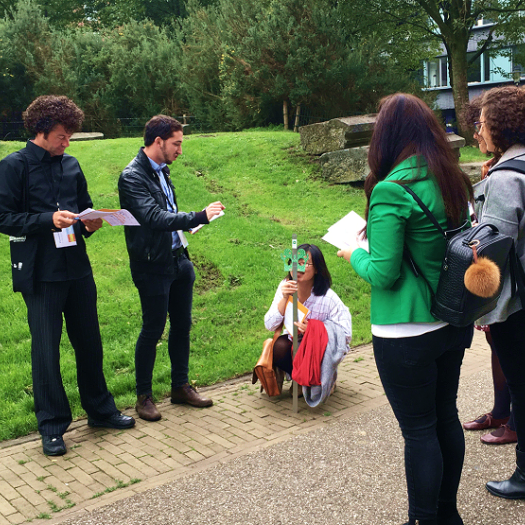Representing a range of local and national print, online, radio and television media, 45 journalists from 26 countries gathered at Columbia University’s Graduate School of Journalism in New York City in 2017 for the inaugural four-day workshop organised by the Dart Center for Journalism and Trauma. The aim: to help journalists understand the economics and science of early childhood development so that they can tell deeper, more compelling stories.
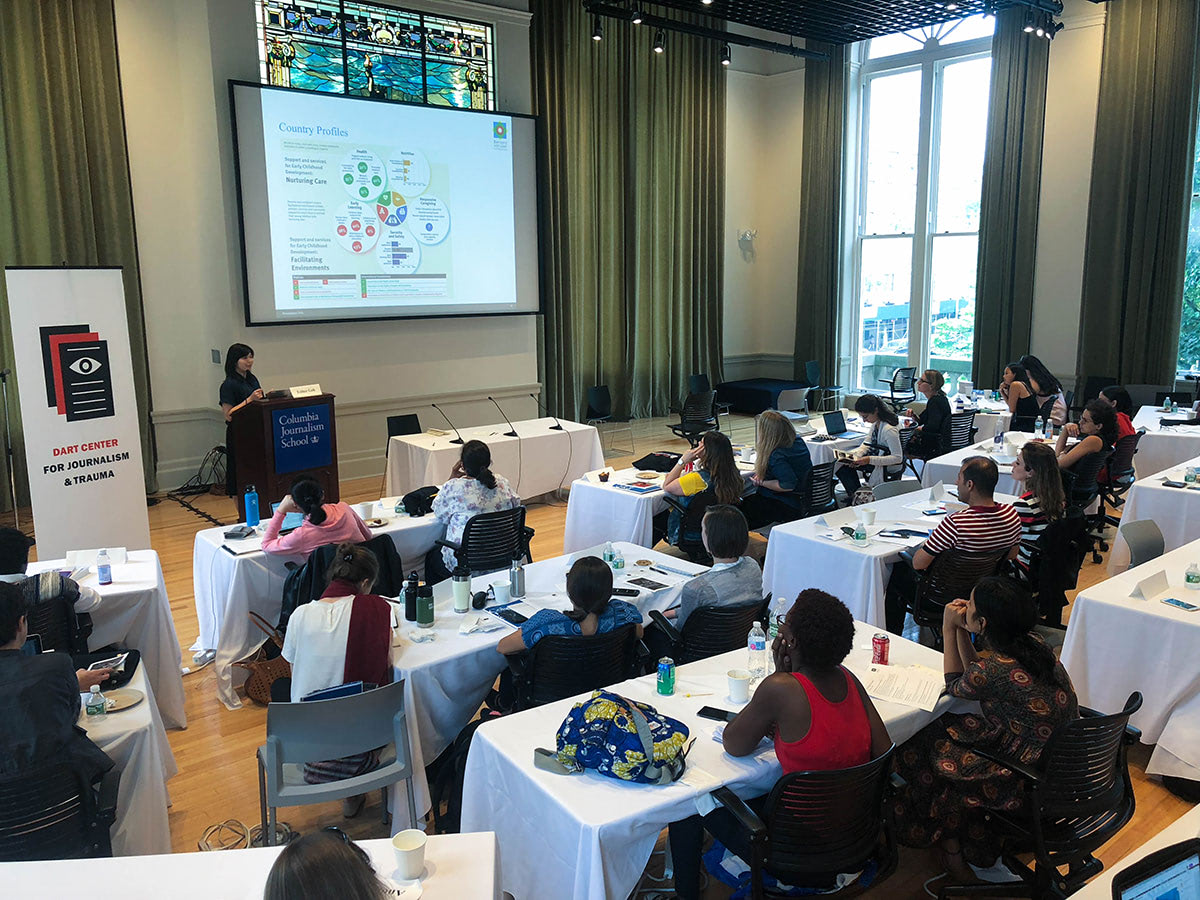
Funding knowledgeable reports on nurturing care
From political coverage to human interest, many stories of interest to the media touch on early childhood development – but journalists are often not up to date on the latest findings, from neuroscience to economics. The Dart course – in partnership with the Ford Foundation, the Jacobs Foundation, UNICEF and the Maria Cecilia Souto Vidigal Foundation – enabled the journalists to hear and question leading figures from UNICEF Executive Director Anthony Lake to Jack Shonkoff, Director of the Harvard Center on the Developing Child.
There was consensus among participants and presenters that they had never had a similar experience, and the concept could be broadly applicable in science communications. Based on this experience, we held a second course, in 2018, that hosted 30 journalists from 17 countries, and will hold a third. We are also holding regional workshops: a four-day course in Jordan, focusing on the Syrian refugee response, took place in 2019 and others will follow in Côte d’Ivoire and India.
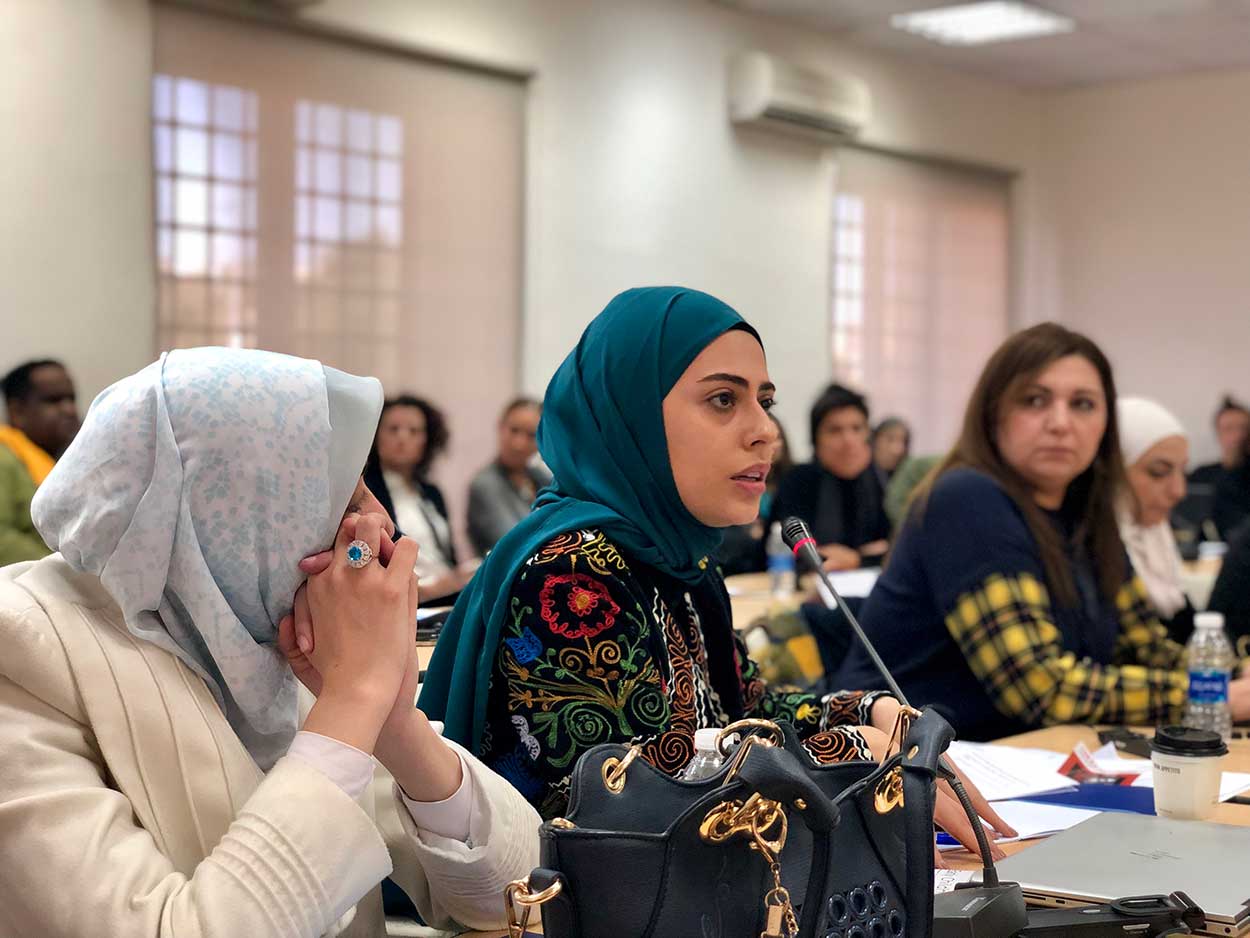
Articles in the Financial Times and Quartz
We also experimented in 2018 with funding journalists to write informed stories for quality media outlets, with examples including a special report on early childhood development in the Financial Times and a series of articles in the online magazine Quartz, along with articles on Apolitical, a portal for public servants, and CityLab, an outlet for urban decision makers – to explore ways of improving coverage of early childhood issues.
There are a growing number of partnerships between philanthropic organisations and media outlets. When compelling stories can be told about issues that matter to a foundation, such partnerships are clearly win–win. But the alignment of incentives is not perfect. Media outlets rightly guard their editorial independence – it would undermine their brand to publish something they would not have published without outside funding. For a foundation, the power of storytelling is clear – how best to harness it remains an evolving question.
